Call to worship:
20 Bless the Lord, O you his angels,
you mighty ones who do his word,
obeying the voice of his word!
21 Bless the Lord, all his hosts,
his ministers, who do his will!
22 Bless the Lord, all his works,
in all places of his dominion.
Bless the Lord, O my soul!Psalm 103:20-22
Gathering Video
Questions for reflection:
What does being on the road with Jesus look like?
What does the process of following/attaching to Christ shape life?
How have you seen his call to hardship/obscurity/priorites/urgency/focus shape your life?
Corporate Prayer:
Our Father in Heaven,
We thank you for this season that reminds us of who You are and what You've done. We ask that by the power of Your Spirt, we'd be enabled to behold Your Son and rest well. Shape us and use us for Your glory and the good of those around us.
In the name of Jesus we pray,
Amen
If you are able to support the church financially, we invite you to give securely by clicking the button below:
Notes//Quotes//Slides:
Luke 9:57-62
Throughout history various religious traditions have used the imagery of pilgrimage or journey to describe spiritual development. These journeys were focused on an eternal destination, a spiritual transformation of the individual. Today, however, the “pilgrimage” is all about the individual’s own life journey. The contemporary self does not have to literally be on the move to be on the road. Being on the road is primarily a state of mind, one that constantly is dissatisfied, looking for the next best thing, living in incompleteness, always engaged in a quest for a sense of significance. This search for meaning becomes even more problematic in a culture which flees from objective truth, which fears authority and the holding of belief too strongly. Mark Sayers
“we have a generation whose principal desire is to feel [God] rather than worship Him.” - Rabbi Shmuley Boteach
”By degrees, attachment to the law sank deeper and deeper into the national character…. Hence the law became a deep and intricate study. Certain men rose to acknowledged eminence for their ingenuity in explaining, their readiness in applying, their facility in quoting, and their clearness in offering solutions of, the difficult passages of the written statutes” Cyclopaedia of Biblical, Theological, and Ecclesiastical Literature
“Prosperity knits a man to the world. He feels that he is finding his place in it, while really it is finding its place in him.” - CS Lewis, Screwtape Letters
How can the dead bury their own dead? This is normally taken metaphorically: "Let the spiritually dead bury the physically dead." This reading would make good on the change of life for which Jesus calls, particularly with regard to the reconstruction of one's dispositions and behaviors and of one's self-identity. Contemporary Jewish funerary customs make possible another reading. The practice of primary burial (in which the corpse is placed in a sealed tomb) followed by secondary burial (following a twelve-month period of decomposition the bones were collected and reburied in an ossuary or "bone box"') is well attested, with the additional twelve months between burial and reburial providing for the completion of the work of mourning. According to this reckoning, Jesus' proverbial saying would refer to the physically dead in both instances: "Let those already dead in the family tomb rebury their own dead." In either case, Jesus' disrespect for such a venerable practice rooted in OT law is matched only by the authority he manifests by asserting the priority of the claims of discipleship in the kingdom of God. In this way, Luke brings to a close his introduction to the journey narrative by asserting through the repetition of rigorous demands the nature of commitment required of those who would follow Jesus on the journey. Joel Green
“The Lord had not committed himself to my plans. The Lord had committed himself to me. Learning the difference was what was to make up the long arc of the Christian life. We are not most changed by what we think or feel or by what happened. We are most changed by what we depend on. And nothing has disfigured me more cruelly than my dependence on myself.” John Andrew Bryant
